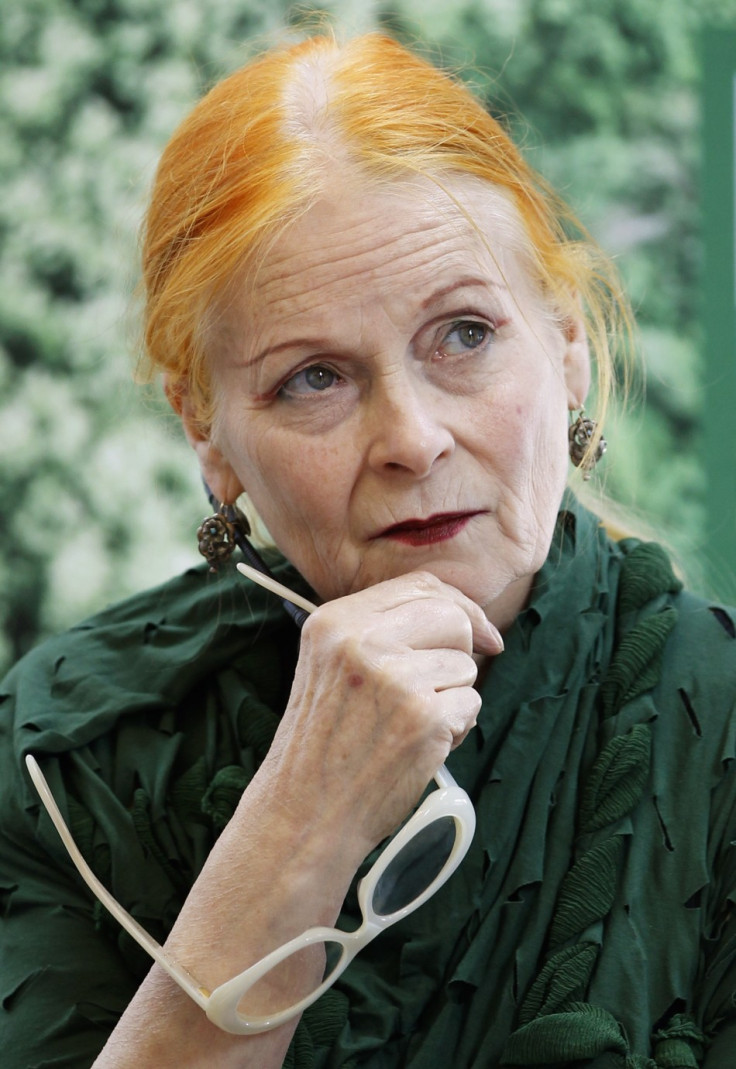Climate Change: Vivienne Westwood Donates £1m to Save Planet

Dame Vivienne Westwood has pledged £1 million to help tackle climate change.
The British fashion designer and businesswoman has reached into her own pockets to fund green projects after charging that governments have been too slow to allocate money to fight climate change.
"Governments... are so slow that we can't wait for them anymore. We have to get this thing moving and hope that they'll join in," she explained on the eve of climate talks in Durban, South Africa.
"I took as much as I could afford from my company," she said.
Westwood donated the generous sum after learning that only a small percentage of the $6.6 billion (£4.2 billion) committed to the World Bank's Climate Investments Funds has been spent.
She pledged the money to the Cool Earth charity, which is working to raise £7 million to prevent logging in the rainforests of Borneo, the Congo Basin and Peru.
Her involvement with Cool Earth also highlights the failure of the World Bank to release money from the CIF, which is aimed at assisting developing nations to confront climate change.
Only a quarter of the money has been handed over by governments and just 5 per cent has been distributed so far.
Seven of the world's wealthiest countries agreed to contribute $600 million into the CIF initiative, but World Bank records show that only $15 million has been distributed since the fund was established in 2008.
U.N. climate talks in Durban look set to be ruled by challenges over negotiations on a new globally binding agreement to tackle global warming.
Many observers and critics have predicted that a firm agreement is unlikely to be achieved at the conference, which is likely to only lay a foundation on which it might happen.
In the weeks leading up to the annual conference, experts have warned that levels of greenhouse gases have hit a record high and that global warming is likely to result in severe weather conditions, including heavier rainfall, storms and droughts.
"Preventing floods, droughts and freak weather patterns for future generations requires the world's governments to get down to serious talking in Durban over the next two weeks," said Chris Huhne, Britain's Secretary of State for Energy and Climate Change.
"We need to send out the strongest possible signal on our commitment to limit global temperature change.
"This needs to resonate from the negotiating room in Durban to boardrooms around the world, where investors are making decisions now about how to power our economies for decades to come."
© Copyright IBTimes 2024. All rights reserved.





